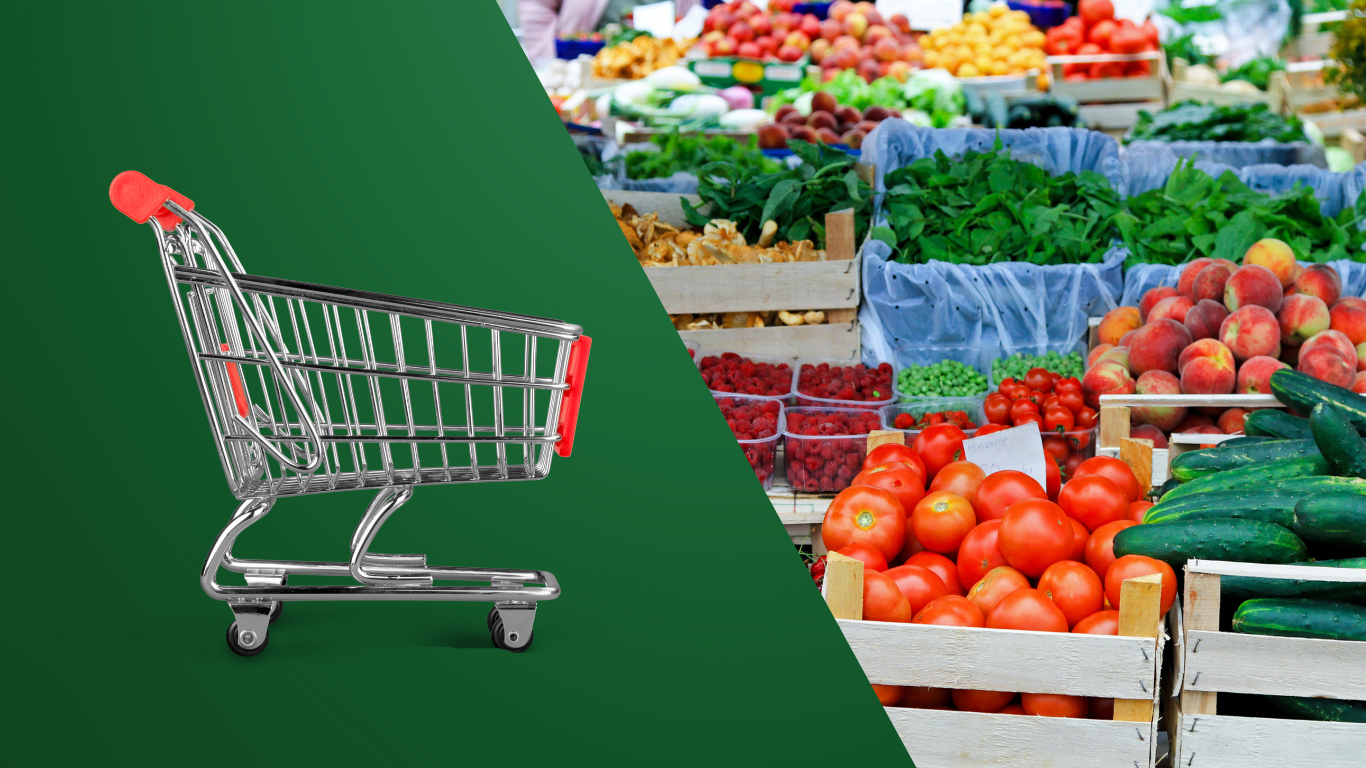
As I stroll through Enugu’s busy markets, the city's lively energy doesn't do much to hide the hard economic truth that Nigeria is facing. The goods in the stalls that used to be cheap now have prices that make fun of the average consumer's decreasing ability to buy things. Talking to local sellers shows that they all feel frustrated and unsure as they try to keep their businesses going while prices keep going up.
Every part of the market can feel the effects of inflation. Once thought of as cheap, staple foods like rice and beans are now seen as treats by many families. A middle-aged woman with a basket on her head complains that prices have tripled in just a few months. She tells me that her family has had to cut back on food, which is a story that is heard all too often in Nigerian homes these days.
Transportation prices have not been saved by the economic slump either. The price of petrol has gone through the roof, which is why bus and cab fares have gone up. This makes prices go up all around because traders pass on the higher costs of shipping to customers. A young man, waiting for a bus, shares his problems with the rising costs of commuting to work, a daily task that eats into his meager pay.
Amidst these obstacles, there is a glimmer of perseverance and adaptability. Many customers are looking to locally made products as alternatives to expensive imported items. A woman selling handmade clothing happily tells me how her business has seen a rise in interest, as people look for more affordable choices. This change towards local goods is a silver lining, fostering a sense of community and support for homegrown companies.
As the sun sets over the city, the reality of Nigeria's economic position weighs heavily on the thoughts of its people. The talks I've had today paint a picture of a country dealing with suffering but also showing signs of adaptability and resilience. The hope for a better future continues, as consumers and companies alike manage the turbulent waters of Nigeria's economic environment.
As a customer-focused organization, Feedbackhall is providing you with the following list of consumer's guides to practical solutions:
Embrace Budgeting and Financial Planning: In times of economic hardship, having a clear budget and financial plan is important. Track your income and costs, prioritize critical needs, and cut back on non-essential spending. Utilize budgeting tools or simple worksheets to keep your funds in check.
Shop Smart: Look for discounts, sales, and promotions when shopping for food or other needs. Buy in bulk where possible, and consider cheap brands over more expensive ones. Explore neighbourhood markets for fresh food at lower prices compared to stores.
Use Public Transportation Wisely: With rising fuel costs, consider using public transportation instead of personal cars. Plan your trips to avoid multiple outings and explore sharing options with colleagues or neighbors to save on transport costs.
Invest in Energy-Efficient Appliances: Reduce your power costs by investing in energy-efficient tools and using them wisely. Switch off lights and machines when not in use, and consider different energy sources like solar panels.
Grow Your Own Food: If you have space, try starting a small vegetable garden. Growing your own food can save money and provide fresh vegetables for your family.
Explore Side Hustles: In a tough economy, having various streams of income can provide a cash cushion. Look for chances to start a small business, freelance, or give services based on your skills.
Seek Financial Assistance and Grants: Explore government programs, NGOs, and community projects that offer financial assistance, grants, or funding for basics like food, schooling, and healthcare.
Barter and Trade: Consider trading things or services with friends, neighbors, or local companies. This can help you save money and promote a sense of group support.
Prioritize Health and Wellness: Healthcare bills can be a major strain. Focus on preventive care by keeping a healthy lifestyle, and explore affordable healthcare choices like neighbourhood clinics or government health programs.
Stay Informed and Adaptable: Keep informed of economic changes, government policies, and financial tips. Being well-informed and adaptable will help you make better choices and find creative ways to navigate the tough economic environment.
By adopting these practical solutions, consumers in Nigeria can better navigate the challenging economic climate and work towards a more secure financial future.
About FeedbackHall
FeedbackHall Limited is a customer feedback service, registered in Nigeria. The Firm develops and markets the feedbackhall.com website and feedbackhall mobile apps available on the Play Store and App Store. The platforms are structured, convenient, and affordable means for consumers and businesses to give and receive feedback on goods and services.
In addition, with a team of smart, passionate, and well-trained professionals, FeedbackHall offers best-in-class, authentic, and insightful research services. The firm leverages its fast-growing community which has active members across Nigeria and abroad to provide real-time reliable, actionable, difficult-to-find customer intelligence at a speed that has never been imagined.
Email: contact@feedbackhall.com
Telephone: + 234 9062010222, +234 9055566666